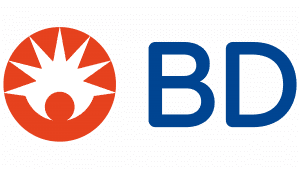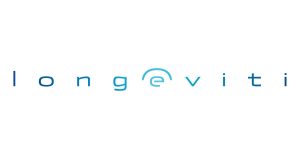
4 Baltimore Companies Driving Cancer Screening Technologies
The cancer diagnostics market is surging, with an overall revenue growth expectation of hundreds of billions of dollars within the next eight years. The market is expected to grow to $257 billion by 2030, more than double the $124.9 billion valuation in 2021.
That market data, prepared by Precedence Research, highlights the increasing importance of this space in the ongoing battle against cancer. According to the report, the market is driven by new understandings of cancer detection and diagnostics. Four Baltimore-based diagnostics companies are making significant strides to carve out their stake in this rapidly growing market.
Delfi Diagnostics
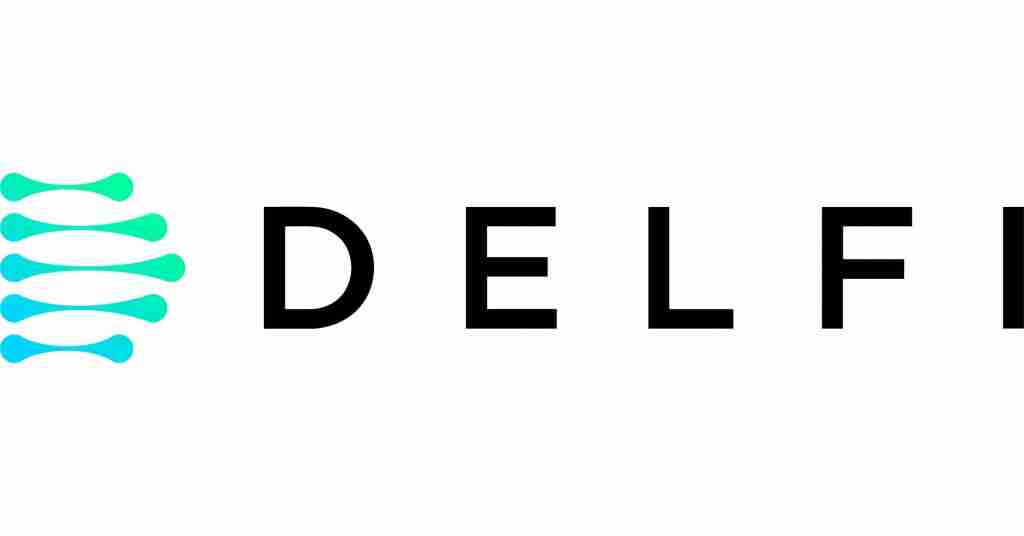
Delfi Diagnostics is developing a new class of liquid biopsy for early detection of cancer based on altered genome-wide fragmentation profiles, which Delfi said are also known as “fragmentomes.” Fragmentomes are a result of disordered packaging of DNA in cancer cells.
In late summer 2021, the company published data from a study of a novel machine learning-based blood testing technology that could help to increase the detection of early-stage lung cancer. Data from the study, which were published in Nature Communications, showed promising results by demonstrating an ability to detect about 90% of cancer cases in a group of nearly 800 individuals who underwent lung cancer screening with a low-dose computed tomography, or low-dose CT (LDCT) scan.
Delfi’s lung cancer screening technology harnesses machine learning algorithms in order to analyze fragmentomes. The technology was used in a seven-year Danish study assessing 365 people. The majority of the participants were at high-risk for lung cancer, and many had smoking-related symptoms such as cough or difficulty breathing. The company noted that when its technology was used as a pre-screen in order to determine if an LDCT was necessary, the results showed a detection of 90% of lung cancers in patients. Of those, 80% were stage I cancers. The technology also reduced the number of LDCT induced unnecessary procedures by 50%, the company said.
Delfi Chief Medical Officer Peter B. Bach said at the time that the trial results of the study of Danish patients indicate that the company’s lung cancer screening technology is capable of reducing lung cancer-related death. The technology has been shown to detect both small cell lung cancer and non-small cell lung cancer, all without misdiagnosing other lung diseases such as chronic obstructive pulmonary disorder.
“Because blood tests are so much easier to administer than LDCT, we believe a high-performing, cost-effective assay could greatly increase the number of lung cancers that are detected early when it can make a difference in care and eliminate many false positives compared to the current standard of care,” Nic Dracopoli, Delfi’s Chief Scientific Officer said in a statement.
Exact Sciences (Thrive Earlier Detection)
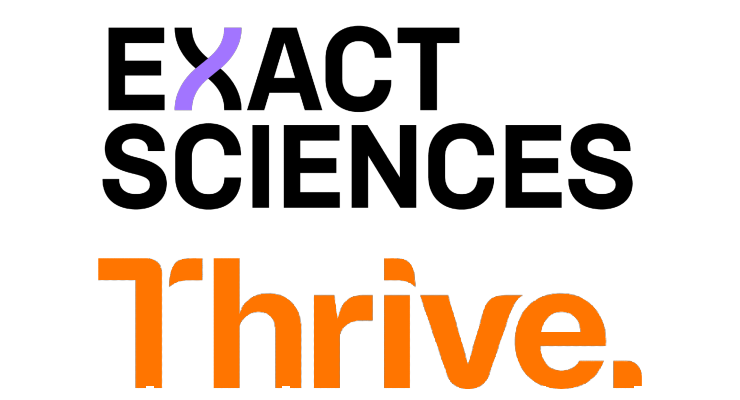
In 2021, Exact Sciences finalized its $2.1 billion acquisition of Baltimore’s Thrive Earlier Detection to bring that company’s CancerSEEK screening technologies into the Exact Sciences fold. With the acquisition, Exact said the deal for the Johns Hopkins spinout will establish it as a leading competitor in blood-based, multi-cancer screening.
In studies, CancerSEEK demonstrated promise through the detection of 10 different types of cancer, including seven with no recommended screening guidelines. Of those, there were few false positives. When Exact Biosciences announced the acquisition of Thrive, the company said it intended to harness the work the Baltimore-based company has done to develop a more accurate test and accelerate the widespread adoption of this potentially life-saving advancement.
“We are proud to take our partnership to the next level by leveraging Exact Sciences’ established R&D team and highly accurate testing platform to augment the development of CancerSEEK and accelerate its commercialization. By combining the expertise of both organizations, we believe we can bring this powerful technology to patients faster,” Kevin Conroy, chairman and Chief Executive Officer of Exact Sciences said at the time.
BD (Becton, Dickinson and Company)
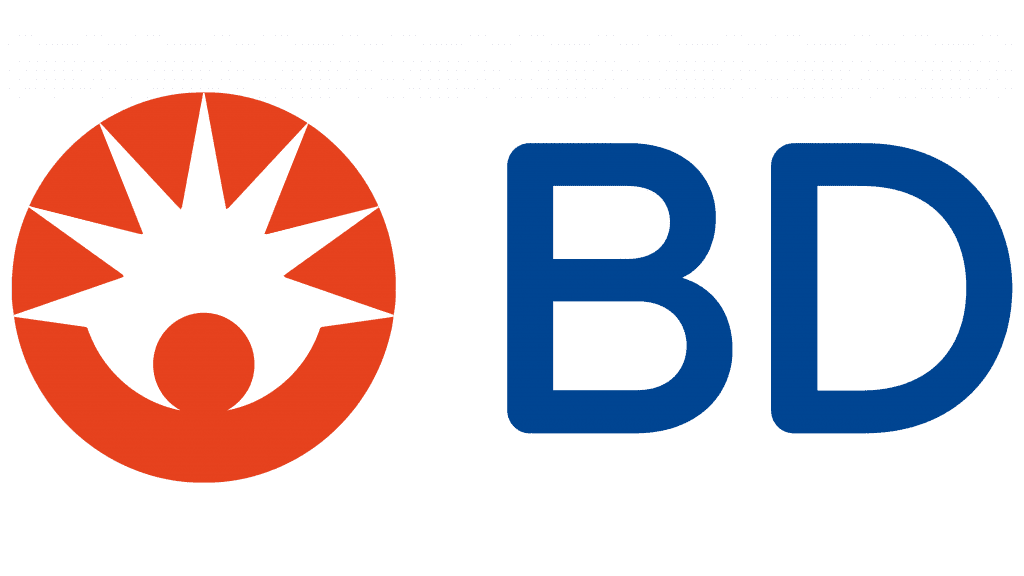
BD, a diagnostics giant, has been a fixture in Baltimore for more than 60 years. The company has developed multiple types of diagnostic devices for multiple disease types, including oncology. The company had developed novel molecular oncology products that support the company’s next-generation solutions in the fields of cervical, ovarian, and breast cancer.
BD came to Baltimore in 1954 after the company acquired the Baltimore Biological Laboratory from Johns Hopkins. Since that time, BD has grown its medical diagnostics business in Baltimore, centered on the purpose of advancing the world of health. Baltimore now serves as home to the global headquarters of BD’s Integrated Diagnostics Solutions business. The company now has more than 2,000 associates at its campus in Sparks, Maryland and in nearby Hunt Valley.
Some of BD’s many diagnostic products are aimed at the oncology market. The company’s BD Onclarity HPV Assay with extended genotyping has a high rate of accuracy to detect the human papillomavirus, a leading cause of cervical cancer, the fourth most frequent type of cancer in women.
When it comes to cervical cancer, BD offers The BD SurePath Liquid-based Pap Test, an improved test for cervical cancer. The solution, approved by the U.S. Food and Drug Administration, provides higher HSIL+ detection and lower unsatisfactory rare compared to conventional cytology.
Personal Genome Diagnostics Inc. (PGDx)

Now part of Labcorp, Personal Genome Diagnostic Inc. has been a leader in oncology diagnostics, with a portfolio of comprehensive liquid biopsy and tissue-based products. Last year, Labcorp snapped up PGDx for its complementary diagnostics technology. The N.C.-based diagnostics giant said the addition of the PGDx technology accelerates its own liquid biopsy capabilities and also expands the company’s leading oncology portfolio of next-generation sequencing (NGS)-based genomic profiling capabilities. In addition to its liquid biopsy products, PGDx also provides pan-solid cancer comprehensive tumor profiling kits to laboratories.
Labcorp was largely drawn to PGDx’s diagnostic kit for pan-solid cancer comprehensive tumor profiling that uses a 500+ gene panel. At the time the acquisition was struck, PGDx’s kit was the only such test cleared by the U.S. Food and Drug Administration
“PGDx’s comprehensive portfolio of next-generation sequencing products will meaningfully add to our breadth of capabilities, in line with our strategic priority to lead in oncology. PGDx’s technology is well-positioned in an important segment with strong growth prospects. We look forward to welcoming PGDx’s talented team and working together to bring world-class diagnostics, technology and treatments within reach for all,” Adam Schechter, chairman and Chief Executive Officer of Labcorp said at the time of the acquisition.
When Labcorp made its offer, PGDx revenues were predicted to generate $22 million at the end of 2021 and grow to nearly $40 million this year.




